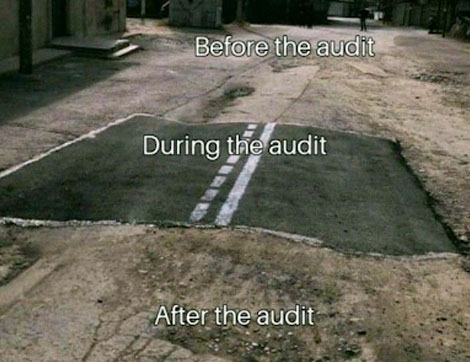Continuous improvement is one of the most important ways to ensure compliance with regulatory operations and successful organisational performance. By continuously identifying areas for improvement, education and training organisations can ensure compliance to the regulatory requirements and standards, improve their performance and also gain an edge over their competitors.
Continuous improvement requires strategic attention by leaders and a culture that prioritises continuous improvement as a strategic priority.
One of the key benefits of prioritising systematic continuous improvement is that it provides organisations with an opportunity to develop and sustain a competitive advantage in their industry or market.
In order to stay ahead of the competition, organisations should prioritise systematic continuous improvement as a strategic priority. This is because it will lead to more innovation and competitive advantage.
The term “culture of continuous learning” has been coined by Carol Dweck who defined this as “a process of creating conditions that lead to an organisation where learners are operating at their full potential”.
Organisations can achieve this by developing a new mindset that is driven by continuous improvement. This means that they will need to transform their culture into a culture that values continuous improvement. If they cannot do this, then they are in danger of becoming obsolete already in the future when new technologies come into play.
Systematic continuous improvement has many benefits like improved customer satisfaction, improved revenue generation, improved brand value and improved employee engagement.
There is a long list of reasons why organisations should prioritise systematic continuous improvement as a strategic priority. These include:
– It is an approach that celebrates change and challenges the status quo;
– Improving the performance of an organisation through improved customer service and increased revenues
– Continuous innovation and creation of new products/services for future customers
– Improved profitability
– Improved quality of life of employees
– It is a customer-focused strategy: businesses must use an innovative approach to create value for customers;
– it facilitates learning opportunities: through systematic continuous improvement, businesses can learn from mistakes and drive innovation
– Increasing profitability and performance
– Reaching a company’s goals and objectives with greater certainty
– Saving time and effort when implementing new strategies from start to finish
– Reducing the risk of making mistakes
– Making good decisions in uncertain, fast-moving environments
The most compelling reason for prioritising systematic continuous improvement is that it increases the chance of achieving the business goals.











